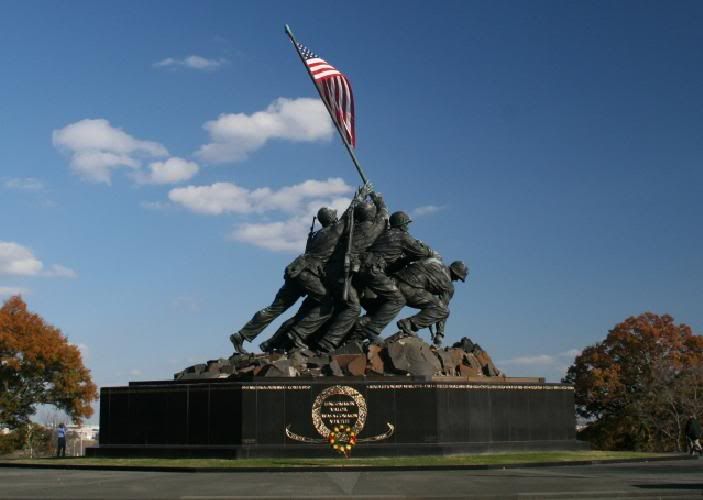We have all heard the saying “leaders are readers”. Over the last few years, I have observed lifelong learning emphasized in our schools and communities. As a student at North Carolina State University, I constantly run into other students that range in ages from 17 to 62. I have quickly come to understand that learning does not stop once you graduate from high school or college. With the advancement of technology and globalization, so much is changing so quickly. In order for anyone to be prepared to make good decisions in the future, it takes a mindset committed to learning that will separate the leaders from the followers.
One of my pet peeves is when someone complains about not knowing how to do something. Upon the realization that they lack skills or understanding of the issue, they make no change and pursue no knowledge that will better prepare them to tackle the issue in the future. For example, I know people that have not taken time to understand modern technology. Satisfied with their current lack of understanding of computers and such, they make no effort to learn about technology. Later, when they are faced with technological difficulties once again, my phone rings and I once again come to the rescue. This also happens when elections occur in our nation. Too many people have not taken the time to learn about the issues, the current state of our nation, and those leading it. This results in many people choosing not to vote or voting without the full knowledge of what they are voting for. Maybe this is why our national debt is so high and our national leaders keep getting elected over and over. Maybe this is why nothing changes that often. Ignorance is not bliss! Ignorance can cause you to have the same problems over and over again.
It is a common misconception that you reach an age at which you can no longer learn. Some people believe that there are certain topics that one cannot understand. I do not believe that these misconceptions are true. While every person has strengths and weaknesses, nothing can stop an individual that seeks to learn. Modern technology provides us with an abundance of information that was once only located at a university or in a library. Accessing information is much easier today than ever before. Whether or not a person masters a certain topic depends upon the time and commitment allotted by someone to a topic. But anyone can develop a basic knowledge of any topic.
Leaders must be innovative and proactive. If you are a leader, you will be placed in situations that will require you to oversee and lead people that do different things. If you want to be effective, you must first admit that you do not know everything. It must be your desire to learn about your organization and the services that your group offers to the community. Learning increases personal development. I read often and interact with mentors on a regular basis in order to increase my understanding of important topics and the challenges that I will face in my future.
Lifelong learning prepares you to meet any challenge that you may encounter and enables you to overcome obstacles. If you will commit yourself to lifelong learning, I know I will see you on the highway to success!











